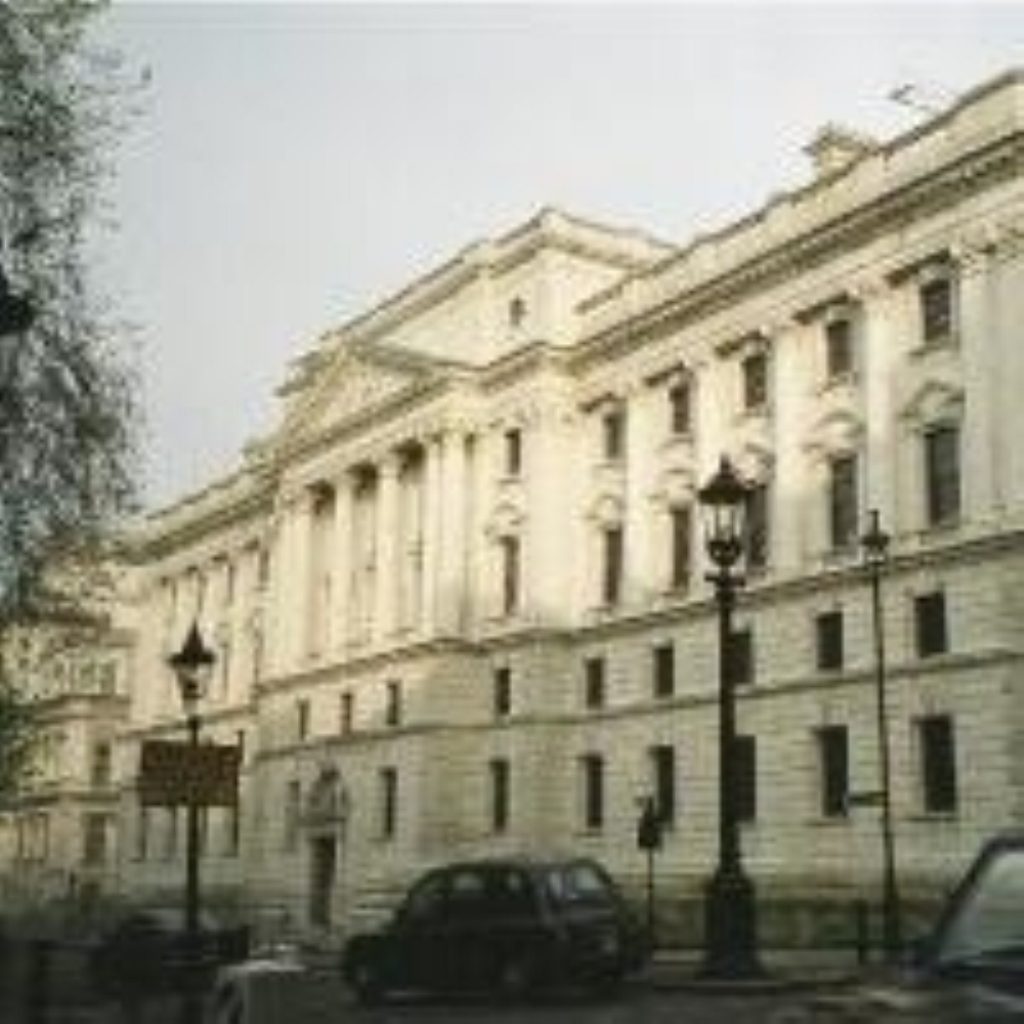Govt trails Pre-Budget Report tax cuts
The government is hinting it will announce tax cuts in its Pre-Budget Report, but rumours that these will reach £15 billion appear unfounded.
Gordon Brown told ITV1’s GMTV programme this morning he would help hard-working families in the Pre-Budget Report, which is expected next week.
It follows a weekend of briefings in which the government has been suggesting a range of measures. Ideas over tax cuts being floated include an increase in the income tax personal allowance – the amount individuals can earn before being taxed – and a reduction to VAT.
The £15 billion figure emerged after Robert Chote, director of the Institute for Fiscal Studies thinktank, said additional borrowing of around this figure was needed to meaningfully help the economy.


Today, Mr Brown told GMTV: “What I am determined to do is to get all countries around the world trying to get their economies moving again and one way you can do that is by putting more money into the economy by tax cuts or by public spending rises.
“That’s something that we’ve got to look at in the next few weeks.”
The prime minister will reveal more of his thinking on the issue this evening, when he addresses the Lord Mayor’s banquet in London.
Commenting on stories over the weekend of tax cuts, a spokesman for the Treasury said: “This is typical pre-budget report speculation. Clearly tax is a matter for the chancellor as part of the pre-budget report and a date for that hasn’t even been set yet.”
In a recent speech, Mr Brown extolled the virtues of fiscal measures – tax cuts – to boost the economy and called for international co-operation.
However, doubts are raised over how such tax cuts can be afforded.
Dr Stephen Barber, head of research at online broker Selftrade, said: “Gordon Brown has hinted at tax cuts following the Bank of England’s decision to cut interest rates to the lowest levels since 1953.
“After all, tax cuts have to be paid for either by borrowing, cutting spending, superior economic growth or printing more money (only an option if we fear deflation) each of which presents difficulties.
“Given that monetary stimulus takes some months to filter through to the economy and tax cutting fiscal stimulus runs the risk that cash is saved and not spent, policies are not without risk. The government is doing everything it can to stimulate the economy in the short-term but the longer-term consequences will need to be discounted by the market.”
The Conservatives claim they could cut taxes through finding efficiency savings, while the government is most likely to extend borrowing.
“Spending our way out of recession will not work. Targeted tax cuts would help, but they must be properly funded,” wrote Tory shadow chancellor George Osborne in today’s FT.
He added monetary policy – the movement of interest rates – should remain “the principal tool for stimulating demand”.
On Thursday, the Bank of England slashed the UK’s interest rate by 1.5 per cent as official data showed that the British economy had shrunk for the first time in 16 years.












